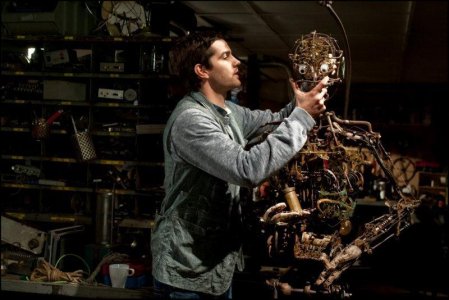"Is it possible for someone to commit a forgery against himself?" The status of authenticity in human experience beyond the categories of original and derivative: the problem of false memories
Abstract
In order to establish a discrimination between an authentic object and its copy or counterfeiting, we usually rely on the categories of 'original' and 'derived' and their relationship. However, some experiences to which the human subject is exposed, show the inadequacy of this principle: the difficulty of establishing the authenticity of a memory reveals that deceit is disconnected both temporally and genetically from truth, and forces to abandon the myth that we can always go back to the truth. The relationship between truth and falsehood is so complicated that it can no longer be expressed in terms of contradiction, but rather of co-implication: their inextricability reflects the nature of the unconscious, "that chapter of my story marked by a white or occupied by a lie: the censored chapter." By analyzing paradigmatic examples, represented by the protagonists of some literary and film narratives, we propose to work at the level of the nascent truth that every lie always conveys at the very moment in which it is censored.

Downloads
Published
How to Cite
Issue
Section
License
Copyright (c) 2023 Elephant & Castle

This work is licensed under a Creative Commons Attribution 4.0 International License.





